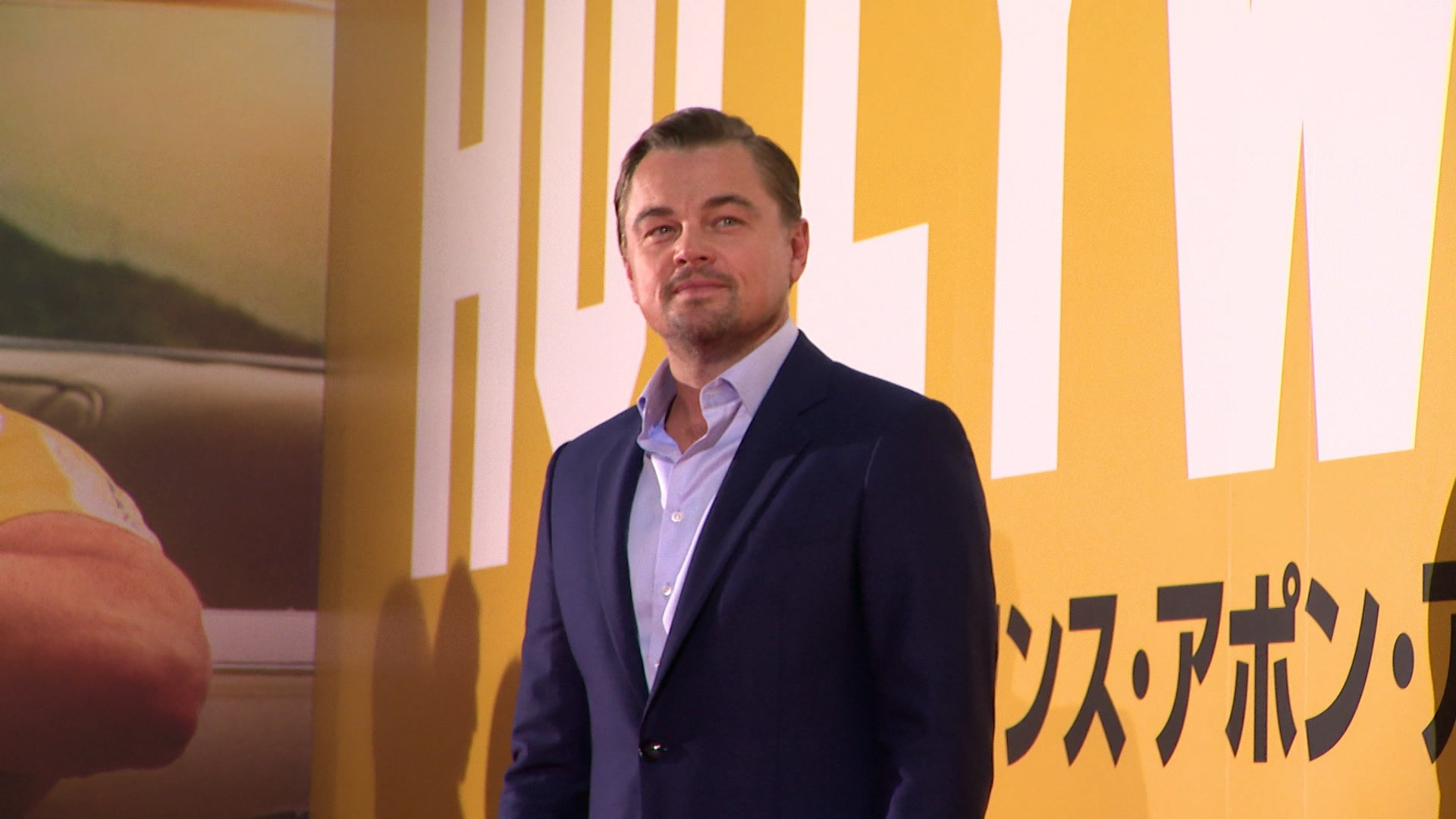
When watching the opening credits of a movie or TV series, you may notice that some actors receive billing as producers, and sometimes the star isn’t even in the project. This trend has grown steadily over the years, and there are several reasons why actors are stepping into production roles.
The most obvious reason is financial. Executive producers are often the people who invest in a project, shouldering much of the risk but also reaping the largest rewards if the movie succeeds. When an actor doubles as an executive producer, it can result in a significant payday.
However, not all actor-producers are motivated purely by money. Many are financially secure and pursue producing for more meaningful reasons. Leonardo DiCaprio, for example, uses his company Appian Way Productions to support projects with environmental themes. Documentaries and films like The Revenant reflect his concern for climate change, pollution, and wildlife conservation. DiCaprio explained that the story in The Revenant reflects a pivotal point in American history, highlighting how greed and the exploitation of natural resources affected both people and the environment.
Another key motivation is promoting inclusivity and diversity. Stars sometimes create production companies to bring neglected stories or underrepresented voices to the screen. Salma Hayek produced Frida, while African-American actors like Viola Davis, Kerry Washington, and Will and Jada Pinkett Smith run their own companies to support stories Hollywood might otherwise overlook.
Artistic control is another advantage. Producing allows actors more influence over scripts, characters, and the overall direction of a film. Conflicts between stars and directors are legendary. George Clooney once put David O. Russell in a headlock, and Wesley Snipes tried to strangle David S. Goyer on Blade: Trinity. By producing, actors can assert subtle authority, as they often hold a stake in the budget.
Producing also offers career longevity, particularly for actresses. As women age in Hollywood, opportunities can diminish, so starting a production company ensures roles for themselves and others. Alicia Vikander has said that co-producing felt like a natural extension of her involvement in filmmaking, allowing her to choose projects where she could have a meaningful role both on screen and behind the scenes.
Margot Robbie is another example. After her breakout role in The Wolf of Wall Street (2013), she founded LuckyChap Entertainment, producing her first project, the Oscar-winning I, Tonya. Robbie has emphasized that she looks for female-driven content with original, complex characters, aiming to create films that stand out in the high-end indie space rather than just producing straightforward biopics.
Finally, having their name attached as a producer can help sell tickets, even for films they don’t star in. The trend of actor-producers began in the 1990s and has steadily grown, showing no signs of slowing down. Whether it’s for financial gain, creative freedom, promoting inclusivity, or a mix of all three, it’s easy to see why so many actors are taking control behind the camera.